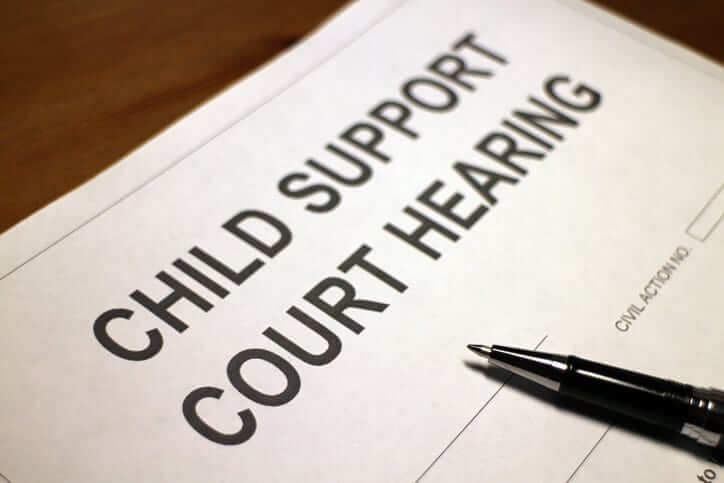Unfortunately, some parents will go to great lengths to stop paying child support. One of the more common ways a parent thinks he or she can beat the system is to put themselves in poverty, or at least make it look like they are living in poverty and claim they can’t afford the payments.
However, if your ex-partner has stopped paying child support, he or she may still be liable to pay if a judge determines they are voluntarily impoverished. Sometimes, they claim they can no longer afford to pay due to a change in circumstances, or they are no longer earning enough to carry on with their child support payments.
If you’ve never heard of voluntary impoverishment before, don’t worry. Below contains everything you need to know about it, what the courts typically look for when determining if a parent is voluntarily impoverishing themselves, and what you need to do to file a claim for the child support you and your child are due.
Voluntary Impoverishment Explained
Voluntary impoverishment is the term given to a parent that is manipulating the system to avoid paying child support.
It means a person is voluntarily, or deliberately, choosing to become poor and reduce his or her standard of living to a state of poverty. Believing that if they are living in poverty, they will not have to pay child support as they do not have the money to do so.
There are a few ways one can do this.
- One way is to change job/pay to earn less than they are capable of
- Start hiding some of their earnings from the Internal Revenue Service to come under the threshold for paying child support
This is not fair to the other parent or the child. Voluntary impoverishment is a severe matter. The court can base child support payments on what they believe a parent is capable of earning, rather than what the parent is making if the judge suspects a parent is trying to game the system.
How Do Courts Determine if a Parent is Guilty of Voluntary Impoverishment?
Generally speaking, a court will look at these factors to evaluate if a parent is trying to game the system with voluntary impoverishment:
- The timing of when/if they changed jobs to a lesser paying job.
- The physical condition of the parent to determine how able they are to work.
- Their level of education to determine the types of jobs they can do and earnings expectancy.
- If they have avoided paying or fallen behind in child support in the past.
- Their work history to look for any suspicious changes in behavior.
- Any other concerns raised by the other parent.
If a court has reason to suspect a parent is guilty of any of the above, it has the legal power to start investigating them to look for conclusive evidence.
Even if their earnings have dropped so much that they don’t have to pay child support under their current agreement if a judge determines the parent has done this deliberately a court can still enforce them to pay child support based on the amount they should be earning.
The amount the parent must pay depends on the judge and the parent’s unique circumstances. It’ll come down to an individual’s circumstances and calculated based on several factors.
What Should You Do if Your Ex-Partner is Participating in Voluntary Impoverishment?
The first thing you need to do is to contact the Office of Child Support Enforcement. They will be able to give you the correct legal advice tailored to the information you’re giving them and where you live.
They may advise you to speak to a family lawyer or a localized governing body. This depends on where you live and your circumstances, but it’s a good idea to be prepared with information. Hopefully, you can summarize any previous child support payments, how much/many payments your ex-partner has fallen behind on, and what you think they’ve done to change their circumstances to avoid paying child support.
Don’t panic if not, in any case. If they suspect there is a good reason to investigate a parent for voluntary impoverishment, they will take all the necessary steps to ensure they seek a correct and just amount of child support.
It’s worth noting that a parent can still be labeled voluntarily impoverished if they have never been employed, or haven’t worked since the child was born, or longer. So, if you’re currently not receiving any child support due to the other parent not working, it’s worth seeking legal advice.
The key here is to do something about it if you suspect your ex-partner is doing something to avoid paying. The Office of Child Support Enforcement cannot investigate without you speaking up and raising suspicion. Speak with a child support lawyer at Lewert Law, L.L.C. today to see how we can be of service. Call (561) 220-0123 for a free consultation.

